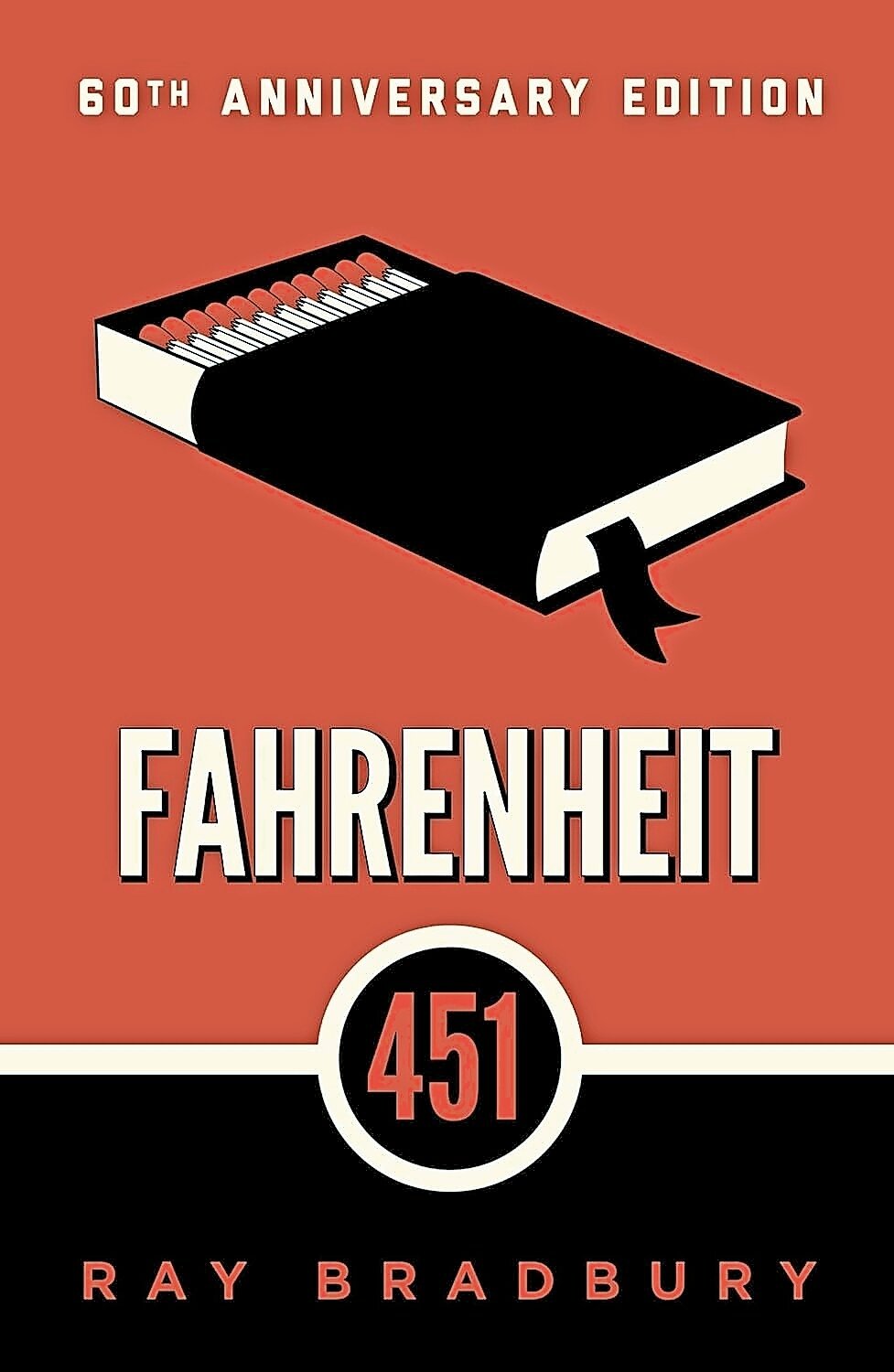Riverdale-Yonkers Society discusses the rising issue of banned books and censorship
The conversation surrounding banned books is not a new one.
From the Puritans banning copies of New English Canaan in the 1600s, to Ray Bradbury’s 1953 novel Fahrenheit 451, to the recent banning of the 1970 novel The Bluest Eye by Toni Morrison; America’s history is fraught with efforts to ban books.
The Riverdale-Yonkers Society for Ethical Culture brought the banned-book conversation to local readers.
The first conversation started during the society’s July 14 meeting after Dr. Christopher Harris, a senior policy advisor of the American Library Association, appeared.
Diane Vigliarolo is a member of the society and was the person who originally facilitated the banned book conversation. She said she took several key points from Harris’ talk and the group discussion that followed.
“Dr. Harris really conveyed the seriousness of the issue in recent years,” Vigliarolo said. “The American Library Association reported attempts to censor 4,249 unique titles of library books and resources in 2023.”
The data from 2023 was the highest recorded number of book titles ever challenged, according to the American Library Association. Vigliarolo said, prior to 2023, the association recorded a 65 percent increase in attempted book bans.
Before 2000, attempted book bans stood at about 250 titles a year.
Most of the books named in censorship attempts were stories that included LGBTQIA+ and minority voices and themes.
According to a 2023 report from PEN America, a nonprofit dedicated to free expression and human rights through literature, books be banned from libraries, classrooms or banned until they are investigated.
Books banned in libraries and classrooms simultaneously can mean the title is off-limits to students and cannot be included in classroom curriculum.
When book bans are placed on libraries, it is typically because administrators or school boards have fought for the title’s removal, and the book can be taken from the entire school library or for specific grade-levels.
Bans on books at the classroom level are also typically removed from classroom libraries, curricula or reading lists, but the books can still be made available in the school library.
Some books can be banned pending further investigation into whether the title involves content that constitutes being banned.
The reasoning provided for the banning books is often tied to efforts to restrict teaching topics including certain aspects of American history as well as race, gender and LGBTQIA+ themes.
To understand the conversation surrounding banned books, it’s important to analyze the historical context, which begins when the Puritans settled in New England.
According to a Harvard University analysis, the first-ever-banned book was the New English Canaan, published in 1637 and written by Thomas Morton. The book contained what were, at the time, unconventional observations about the area’s Indigenous people, local wildlife and natural resources. At the very end, Morton wrote a critique on the Puritans, including their poor treatment of the area’s Indigenous people.
Ironically, Bradbury’s Fahrenheit 451 — a novel in which a dystopian society bans books and then burns them in order to maintain control over the citizenry — has been put under continuous scrutiny and censorship for its content.
As recently as 2023, Marshall University reported the novel The Bluest Eye by Toni Morrison was banned from Broward County schools in Florida alongside 11 other books because they contain sexually explicit or LGBTQIA+ content. The other 10 books ranged from novels taught in A.P. English classes, to picture books, to sexual education materials.
The conversation at the Riverdale-Yonkers Society for Ethical Culture delved into what members could do to fight book bans, including supporting libraries by checking out books as opposed to buying them and speaking to librarians to understand current efforts to ban books.






